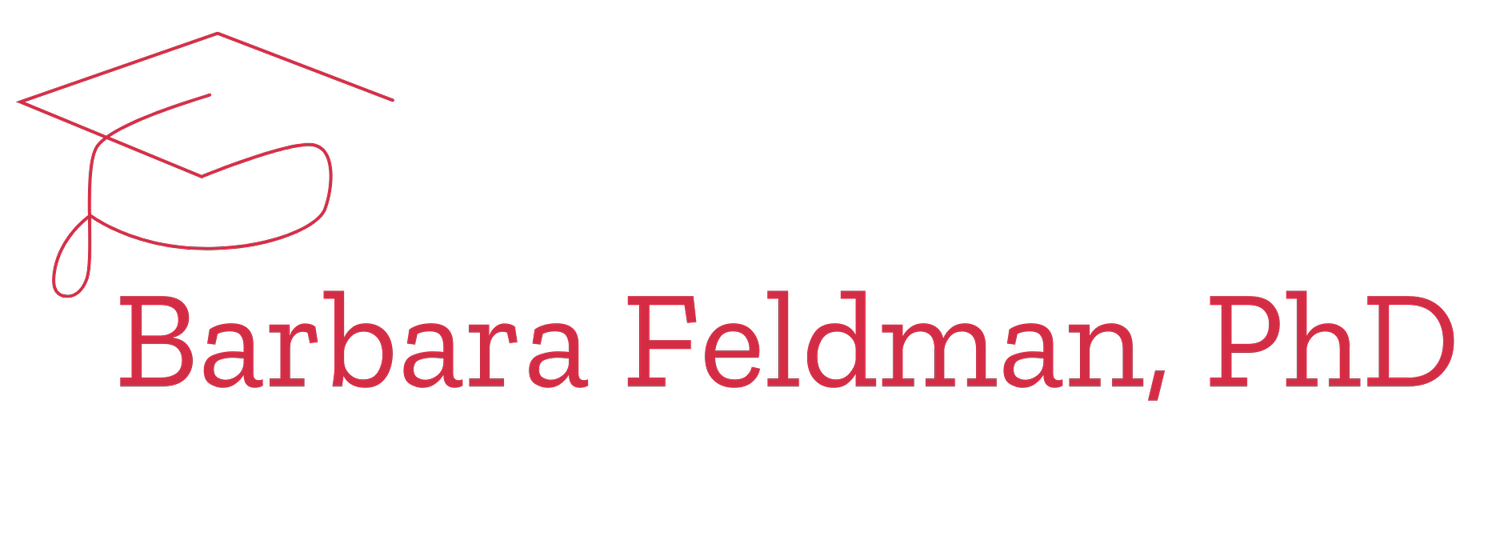7 Ways in which the Term “Female Professor” reflects Cultural Stereotypes
Using "female" as a modifier of "professor" necessarily draws attention to gender. While doing so can have positive and negative implications, at best, it draws attention to the unrepresentativeness of women in the academy, and at worst, it reinforces the assumption that professors are men. Here are some potential impacts representing the spectrum of the possible effects:
Visibility and Recognition: In contexts where women are underrepresented or historically marginalized, using "female professor" can highlight the presence and contributions of women in academia. It recognizes their achievements and increases their visibility, especially in fields where they may be less visible or face systemic barriers.
Gender Awareness: By specifying "female professor," the speaker or writer draws attention to gender diversity in academic roles. This can prompt discussions about gender equity, representation, and the importance of diversity in higher education.
Normalization and Inclusivity: In some cases, using "female professor" can help normalize the idea of women in positions of authority and expertise. It reinforces the message that women can and do hold leadership roles in academia, contributing to greater inclusivity and gender balance.
Essentializing Gender: Using "female" as a modifier may essentialize gender, reducing the professor's identity solely to their gender. This practice can perpetuate stereotypes and reinforce the idea that gender is the most salient aspect of their identity or qualification.
Potential for Othering: Depending on the context, using "female professor" instead of simply "professor" may subtly other women in academia, implying that they are somehow different or separate from the norm. This othering can reinforce stereotypes or biases about women's roles and capabilities in higher education.
Professional Identity: Some female professors may prefer to be referred to simply as "professors" rather than emphasizing their gender. They may feel that their gender is irrelevant to their professional identity and expertise unnecessarily.
Highlighting it may detract from their qualifications and accomplishments.
Overall, the impact of using "female" as a modifier of "professor" varies depending on the context, intent, and perspectives of those involved. While it can serve to recognize and celebrate gender diversity in academia, it's essential to be mindful of how such language may reinforce stereotypes or inadvertently marginalize women in professional settings.
